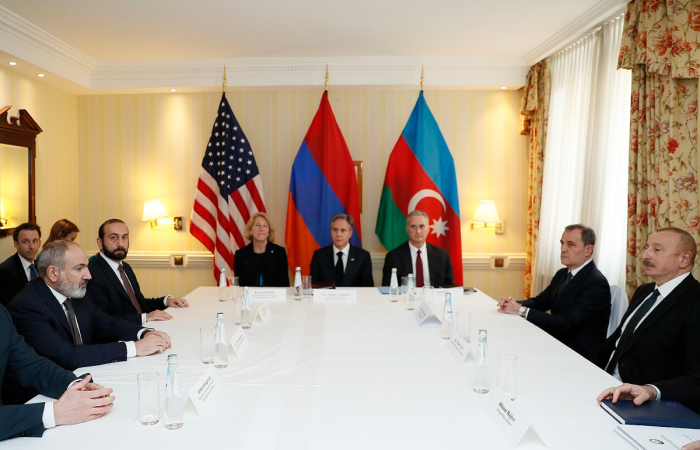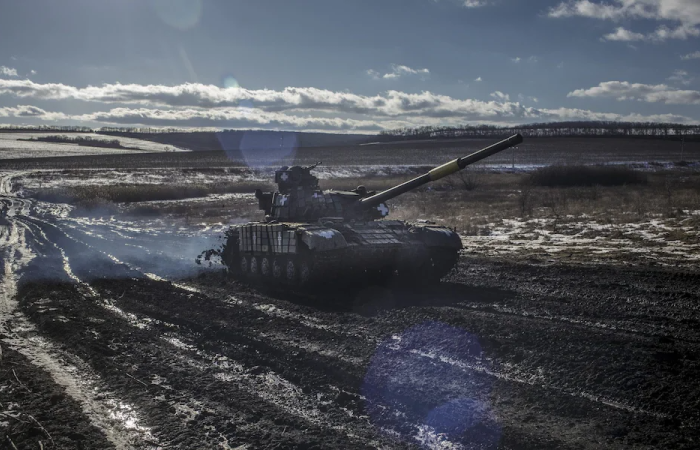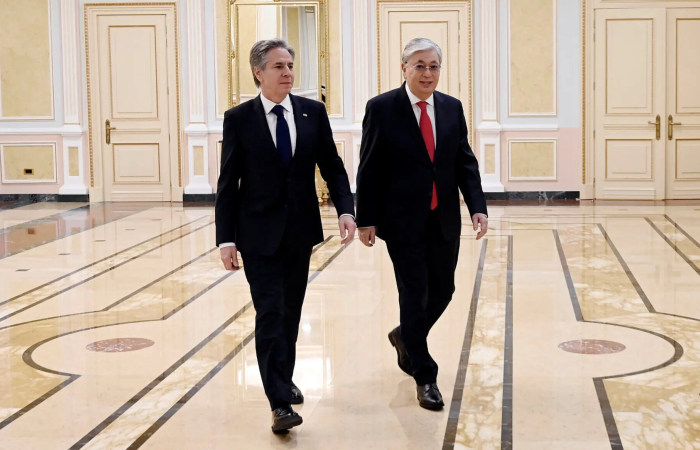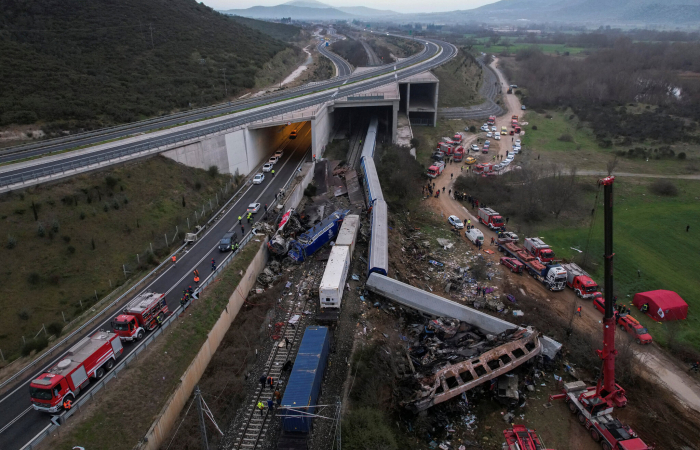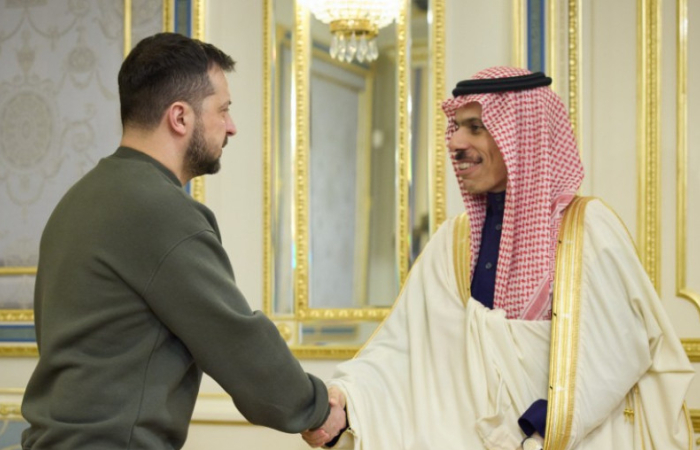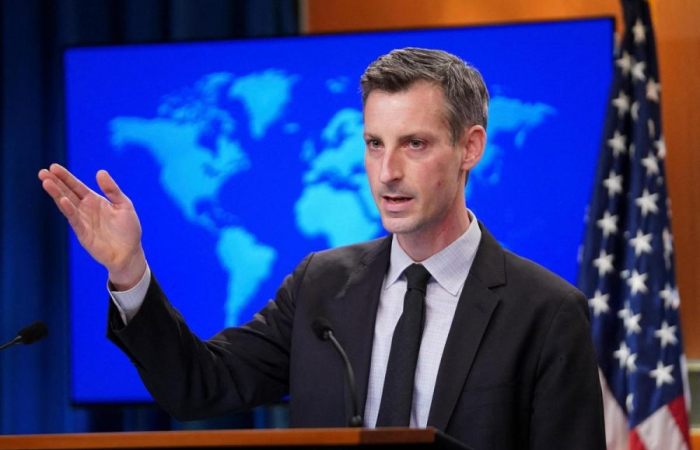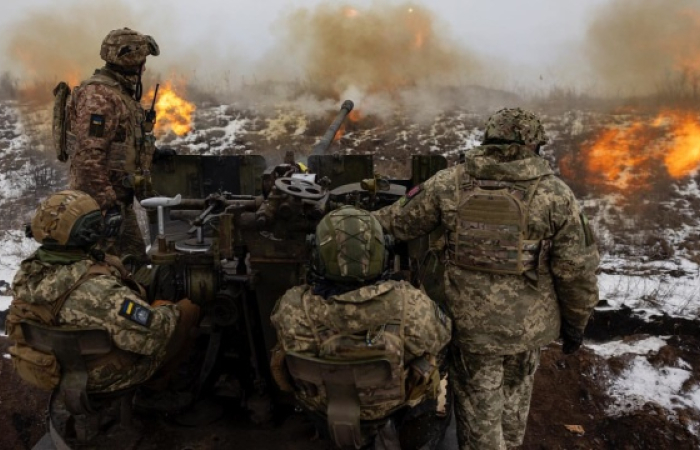Trending
A convergence of factors and developments make a spring breakthrough in Armenia-Azerbaijan relations possible
2 March 2023
After an erratic 2022, which saw prospects for peace and normalisation of relations between Armenia and Azerbaijan, and between Armenia and Turkey, swing between unprecedented new heights and familiar lows, and after a rather pessimistic start for 2023 when diplomacy appeared to have to come to dead end, March has started with cautious optimism in the air, and the prospect of a historic Spring breakthrough appears within reach. This is due to the convergence of a number of factors and developments, some anticipated and some not. The ten developments that offer cause for optimism are: US brokered talks between Aliyev and Pashinyan in Munich; the deployment of an EU Monitoring Mission; the revival of the Brussels format; internet diplomacy; the ruling of the International Court of Justice; a fluid political situation in Stepanakert; Baku and Stepanakert holding direct talks; earthquake diplomacy between Armenia and Turkey; the limitations of Russia’s power and influence have been exposed; and more confident leaderships in both Baku and Yerevan.



